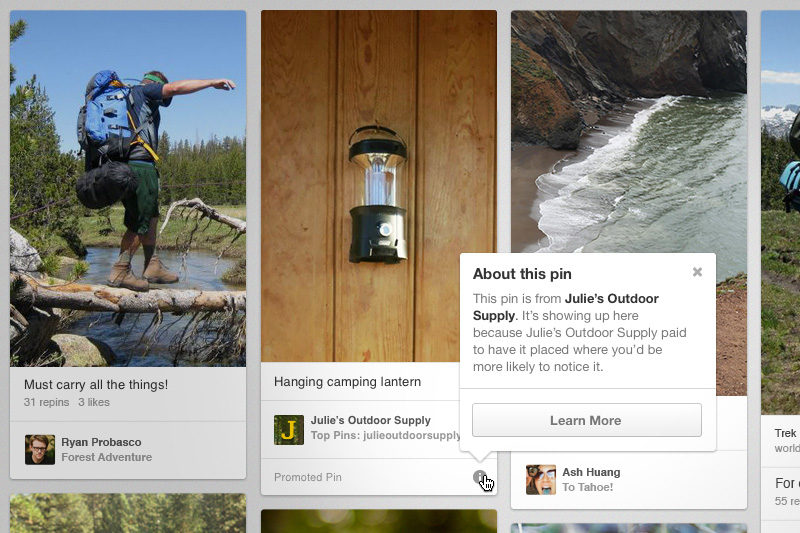No one expected the deal that occurred yesterday, when Facebook announced it is buying Oculus in an estimated $2 billion deal. Well, perhaps The Oatmeal was there first, as the comic below shows. But the very fact that this was chosen as a humorous technology shows the absurdity at the core of this deal. A social network buys a VR company What is going on
Examining the deal from Oculus’ point of view, it’s hard to see why you’d say no. Assuming that Facebook tells Oculus they get to keep doing what they’re doing, full speed ahead but with far more resources, there’s no downside in terms of bringing the technology to market. On the financial side, Oculus gets a huge pot of money now versus an unknown amount of money (and possibly none if something goes wrong) in an unknown future. What’s not to like
The deal is harder to understand from Facebook’s point of view. Maybe virtual reality will be an important technology in the future, but it’s going to be years before it pays out a $2 billion investment — if ever. It’s a long-term bet in a very different direction for Facebook, as much as they try to find connections with their current business. Investors apparently agree, pushing down Facebook stock in after-hours trading. Wedbush Securities analyst Michael Pachter, when queried about the deal by the [a]list daily, responded succinctly: “You and I clearly lack the vision to see what Zuckerberg sees.”
There’s one connection that’s clear enough. An industry veteran suggested it’s always instructive to look at the boards of directors of the companeis involved in a deal, and that’s certainly the case this time. Oculus just received its Series B investment round a few months ago, which was a $75 million investment led by venture capital firm Andreesen Horowitz. And, not at all coincidentally, Marc Andreesen is on the board of directors for Facebook. He did recuse himself from the negotiations with Oculus, but obviously Andreesen saw lots of potential in Oculus. And a nice early exit for Andreesen Horowitz, too.
John Taylor, analyst for Arcadia Investments, when asked about the surprising deal said “Yes, it’s out of left field for me too.” He feels that VR “still has a ways to go in terms of tech and mass consumer appeal” despite generating a lot of interest. “Although it is embraced by many gamers, this tech still produces discomfort for many users,” Taylor noted. “If applied to less motion intensive social activities, it may provide an enhanced experience for users. My guess is that Facebook is interested in this technology as a platform for some kind of really new future experience, not as a gateway to get into the games business as we know it today.”
Taylor feels it’s more about communication and virtual interaction than it is about action. “Perhaps it’s a way of changing the visual dimension as handsets and mobile devices get increasingly powerful,” Taylor said. “I’m tempted to compare the move as similar to Microsoft’s purchase of Skype or WebTV, which have had completely different outcomes in terms of commercialization.”
Industry veteran Don Daglow looked at the deal in a different way. “First of all, this deal certainly surprised me,” Daglow admitted. But he focused on what the outcomes of the deal might be. “How the personalities of the vision-drivers on each team interact is vital to the downstream impact of this deal,” Daglow said. “At its best it may create synergies that bridge across the divide that separates Facebook game audiences and console players. It may be the least distracting and most enabling way for Oculus to both lock in its value and gain financial and strategic resources to broaden its audience.”
There is also a dark side to this deal. “At its worst the deal could trigger the downstream post-incentives departure of key Oculus visionaries and rob the system of its true potential,” Daglow warned. “This is a phenomenon we have seen repeatedly in games, starting with Commodore’s acquisition of the Amiga system over a quarter century ago.”
Overall, Daglow looked for the silver lining. “As a designer I always like focusing on the upside, so my hope is that this unlocks the opportunity for creatives to combine tech and different kinds of audiences in new and innovative ways that did not seem as likely or available 24 hours ago. My guess is that the mainstream Facebook audience is going to see VR entertainment — and not just games — a lot sooner because of this deal, and that alone may accelerate adoption.”
Given all of the VR technology that’s been popping up recently (some of it on display at the GDC last week), it certainly seems that Facebook could have acquired VR technology for a lot less than $2 billion. Oculus has momentum, though, and a great team, and clearly Facebook put a lot of weight on to those factors.
Where will this all end up In the near term, Oculus will probably keep doing what it’s been doing and continue to get the Oculus Rift ready for market. In the long term . . . that’s anybody’s guess right now.

 Cartoon courtesy of
Cartoon courtesy of  Source:
Source: 